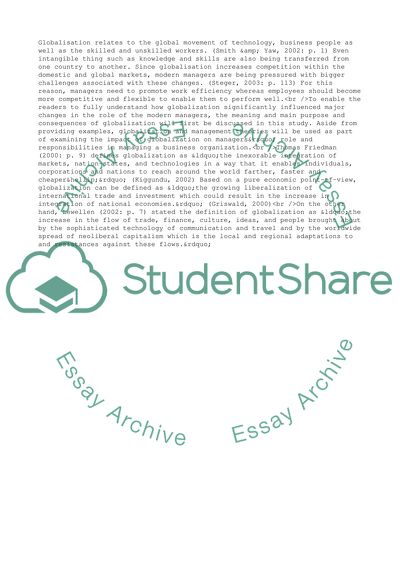Cite this document
(Management in Context Coursework Example | Topics and Well Written Essays - 3500 words - 3, n.d.)
Management in Context Coursework Example | Topics and Well Written Essays - 3500 words - 3. https://studentshare.org/management/1715662-management-in-context
Management in Context Coursework Example | Topics and Well Written Essays - 3500 words - 3. https://studentshare.org/management/1715662-management-in-context
(Management in Context Coursework Example | Topics and Well Written Essays - 3500 Words - 3)
Management in Context Coursework Example | Topics and Well Written Essays - 3500 Words - 3. https://studentshare.org/management/1715662-management-in-context.
Management in Context Coursework Example | Topics and Well Written Essays - 3500 Words - 3. https://studentshare.org/management/1715662-management-in-context.
“Management in Context Coursework Example | Topics and Well Written Essays - 3500 Words - 3”. https://studentshare.org/management/1715662-management-in-context.


